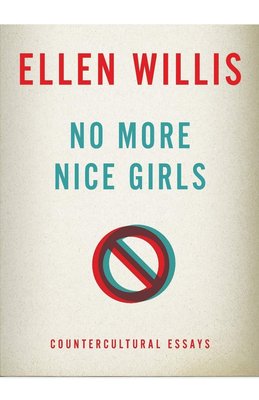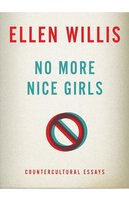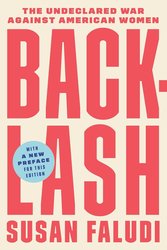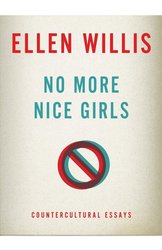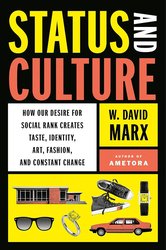Book description
With characteristic intelligence, wit, and feminist insight, Ellen Willis addresses democracy as she sees it: “a commitment to individual freedom and egalitarian self-government in every area of social, economic, and cultural life.” Moving between scholarly and down-to-earth activist writing styles, Willis confronts the conservative backlash that has slowly eroded democratic ideals and advances of the 1960s as well as the internal debates that have frequently splintered the left.
Recommended on 1 episode:
Michelle Goldberg Grapples With Feminism After Roe
“It’s true: We’re in trouble,” writes Michelle Goldberg of the modern feminist movement. “One thing backlashes do is transform a culture’s common sense and horizons of possibility. A backlash isn’t just a political formation. It’s also a new structure of feeling that makes utopian social projects seem ridiculous.”
It wouldn’t be fair to blame the Supreme Court decision in Dobbs v. Jackson Women’s Health Organization and the ensuing wave of draconian abortion laws sweeping the nation on a failure of persuasion, or on a failure of the women’s movement. But signs of anti-feminist backlash are permeating American culture: Girlbosses have become figures of ridicule, Amber Heard’s testimony drew a fire hose of misogyny, and recent polling finds that younger generations — both men and women — are feeling ambivalent about whether feminism has helped or hurt women. A movement that has won so many victories in law, politics and public opinion is now defending its very existence.
Goldberg is a columnist for Times Opinion who focuses on gender and politics. In recent weeks, she has written a series of columns grappling with the overturning of Roe v. Wade, but also considering the broader atmosphere that created so much despair on the left. What can feminists — and Democrats more broadly — learn from anti-abortion organizers? How has the women’s movement changed in the half-century since Roe, and where can the movement go after this loss? Has feminism moved too far away from its early focus on organizing and into the turbulent waters of online discourse? Has it become a victim of its own success?
We discuss a “flabbergasting” poll about the way young people — both men and women — feel about feminism, why so many young people have become pessimistic about heterosexual relationships, how the widespread embrace of feminism defanged its politics, why the anti-abortion movement is so good at recruiting and retaining activists — and what the left can learn from them, how today’s backlash against women compares to that of the Reagan years, why nonprofits on the left are in such extreme turmoil, why a social movement’s obsession with “cringe” can be its downfall, how “safe spaces” on the left started to feel unsafe, why feminism doesn’t always serve poor women, whether the #MeToo movement was overly dismissive of “due process” and how progressives could improve the way they talk about the family and more.
Books recommended:
